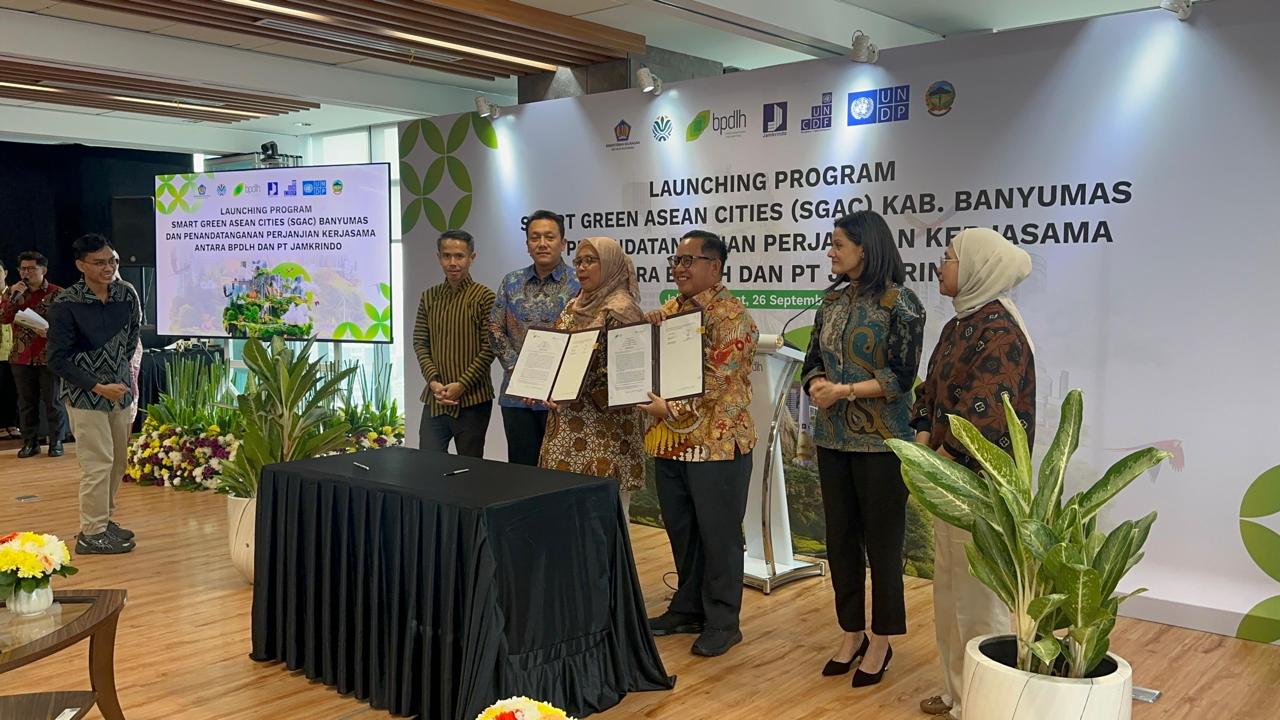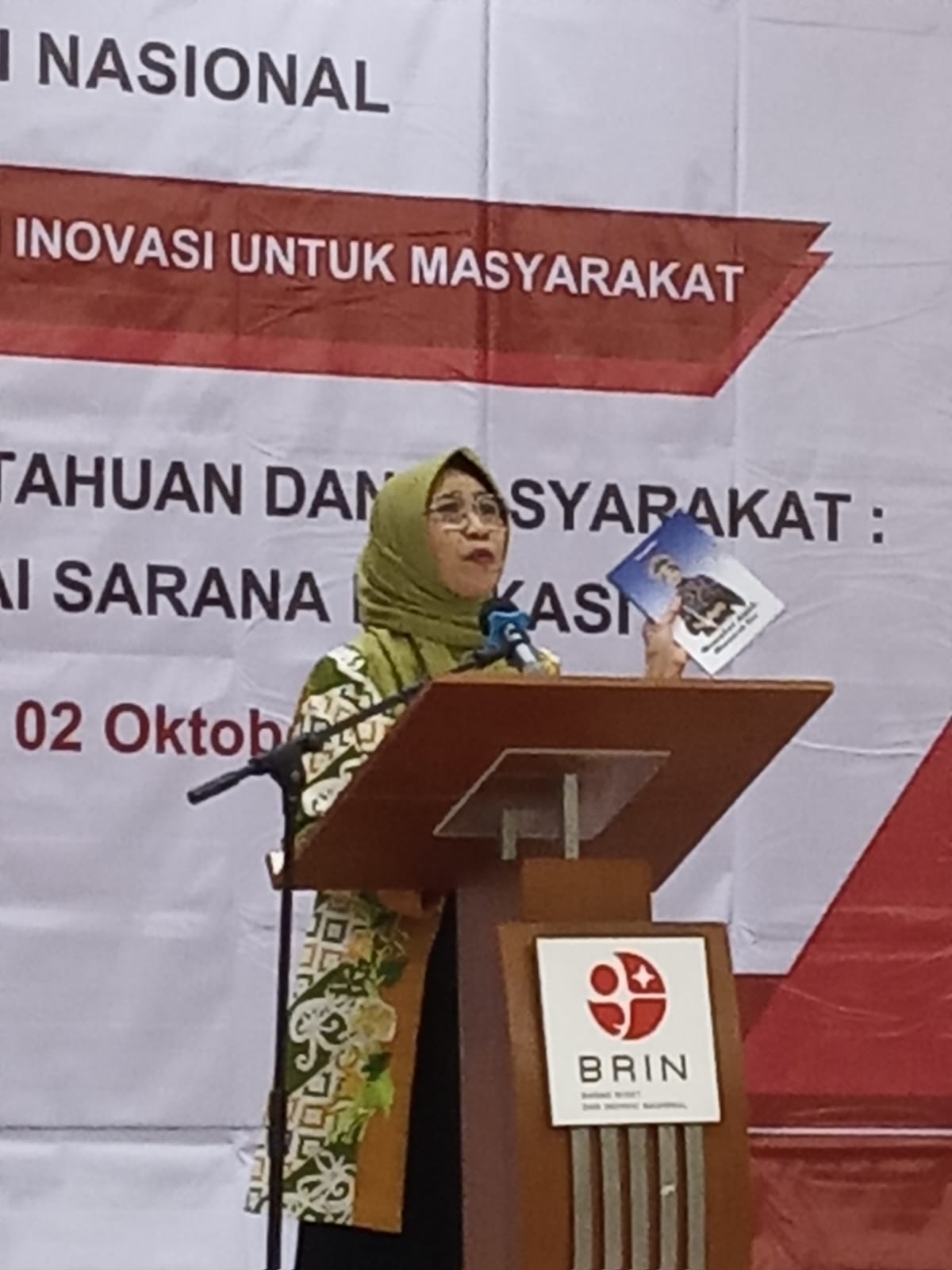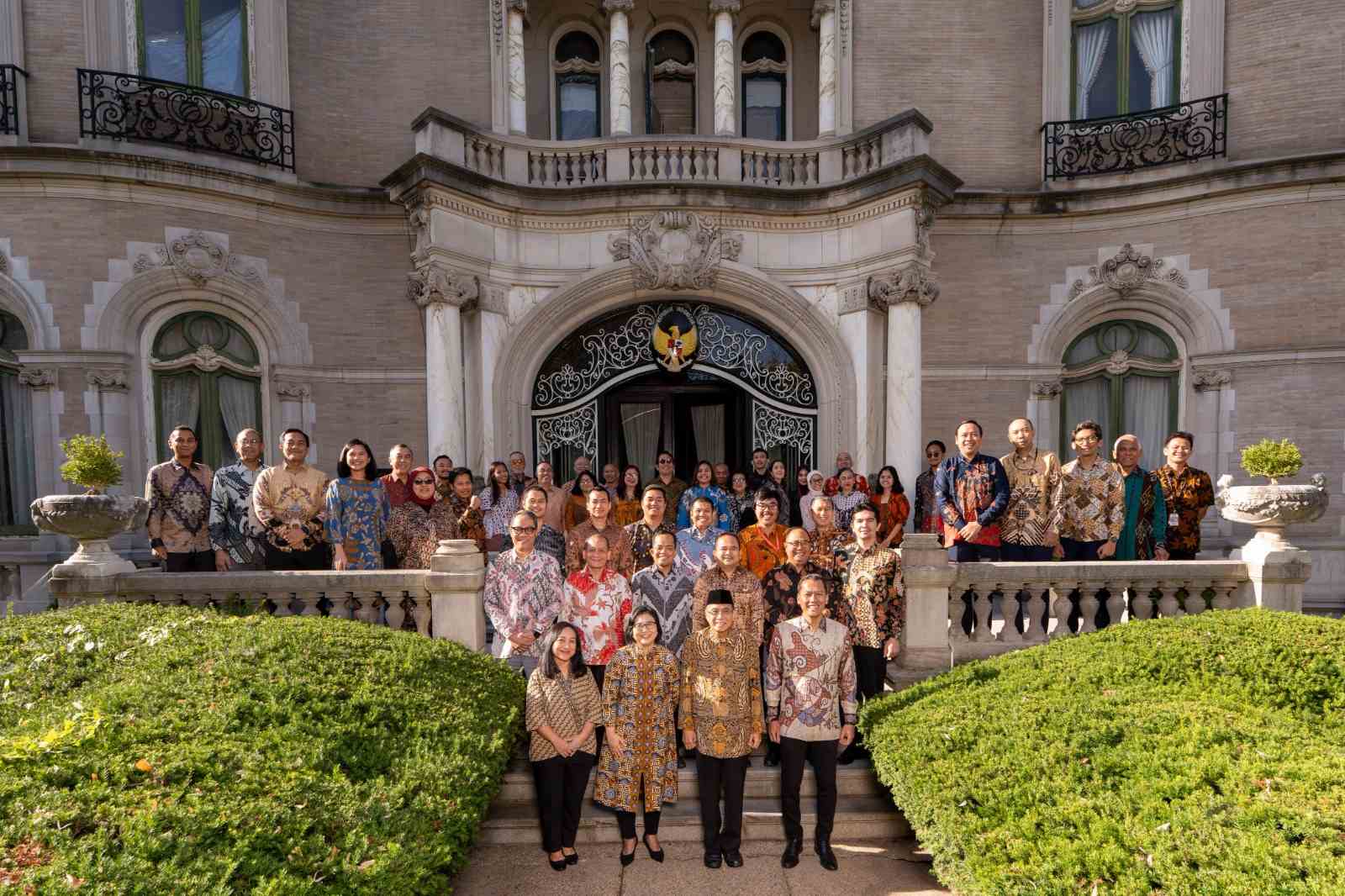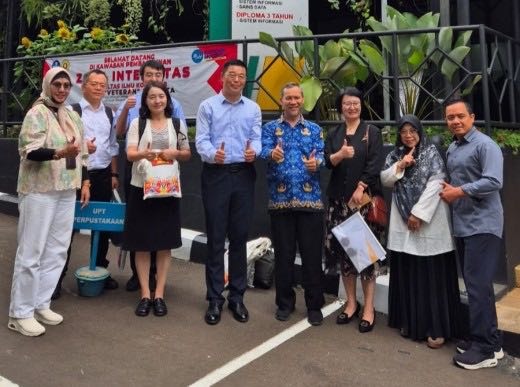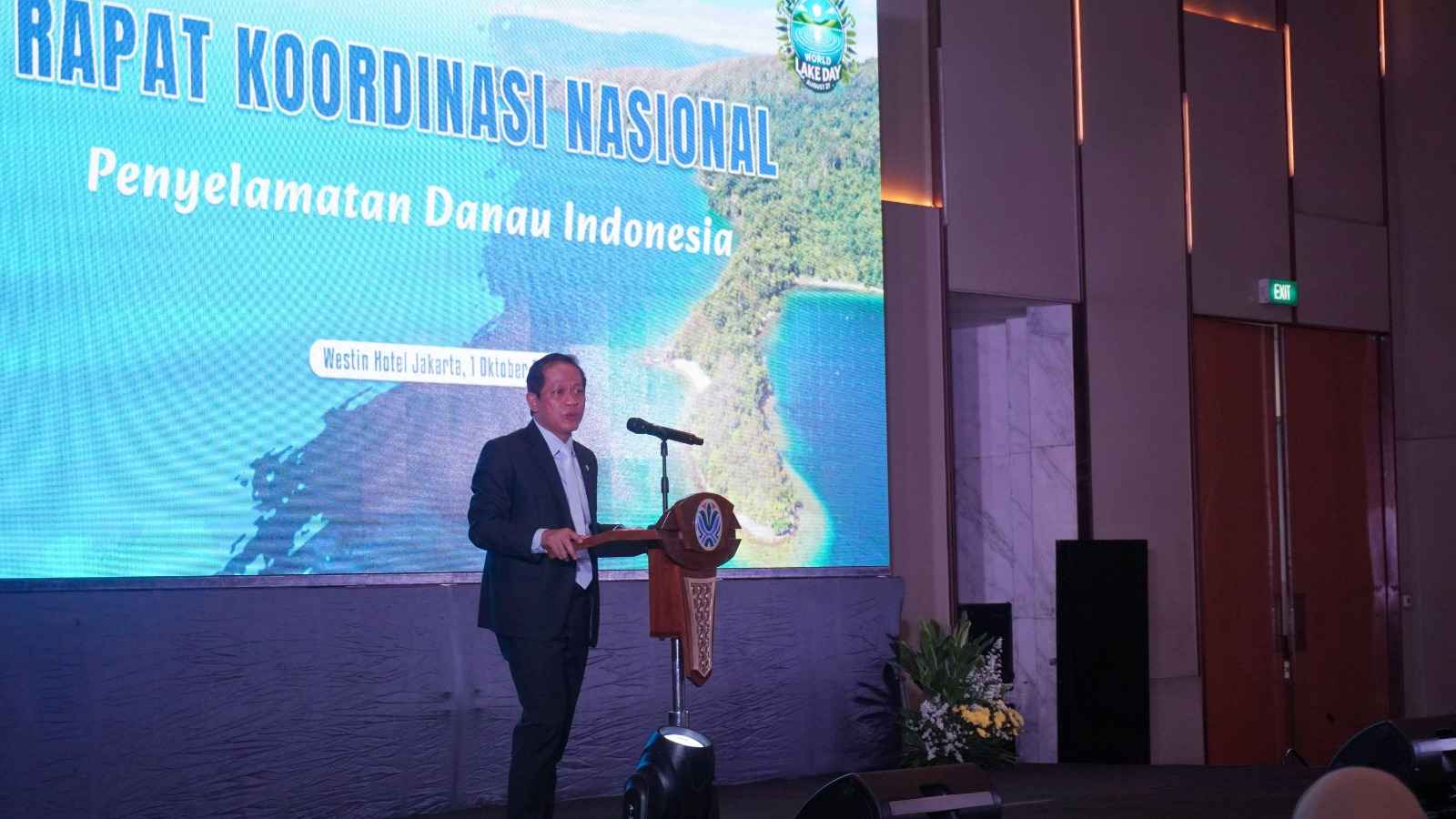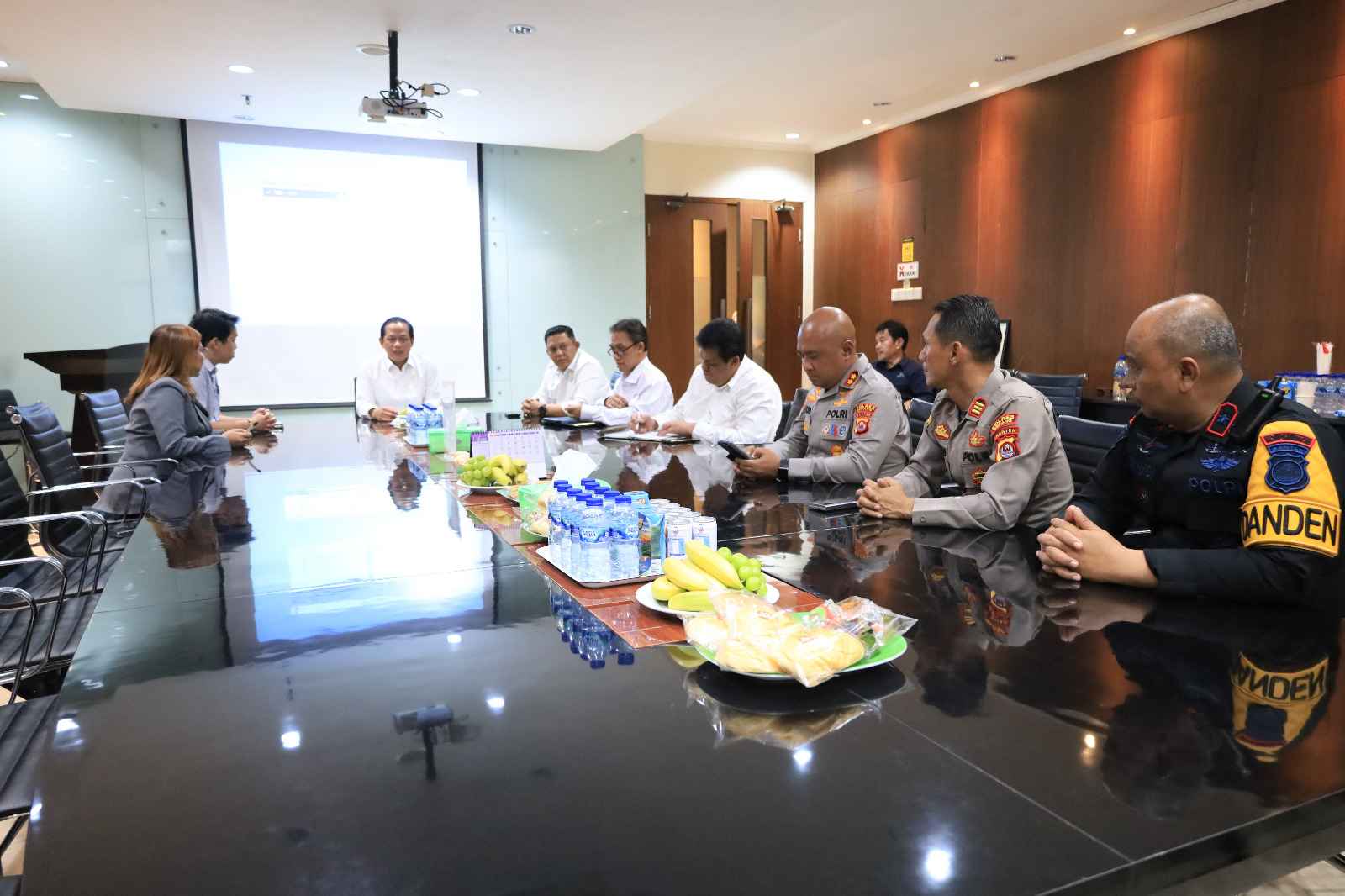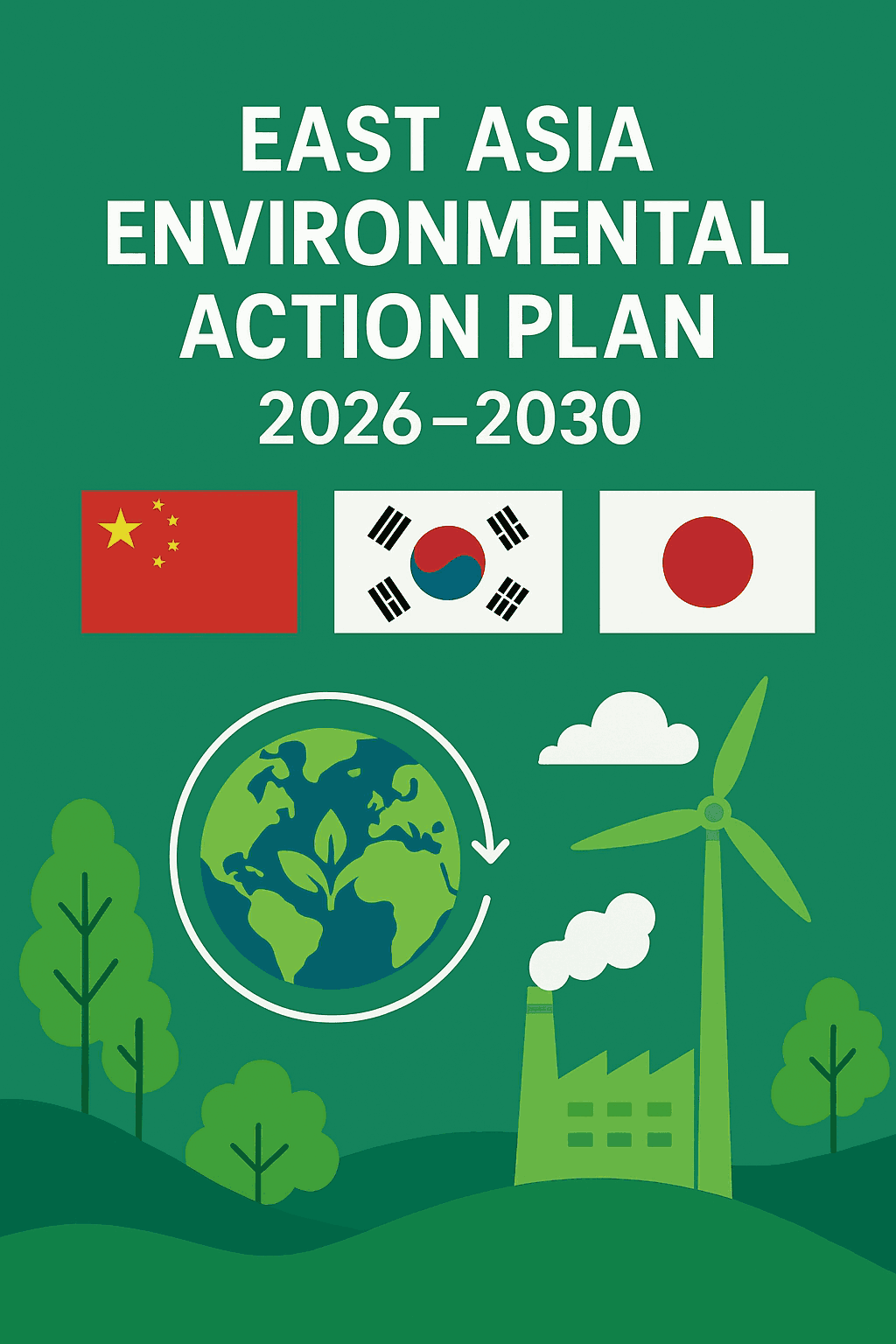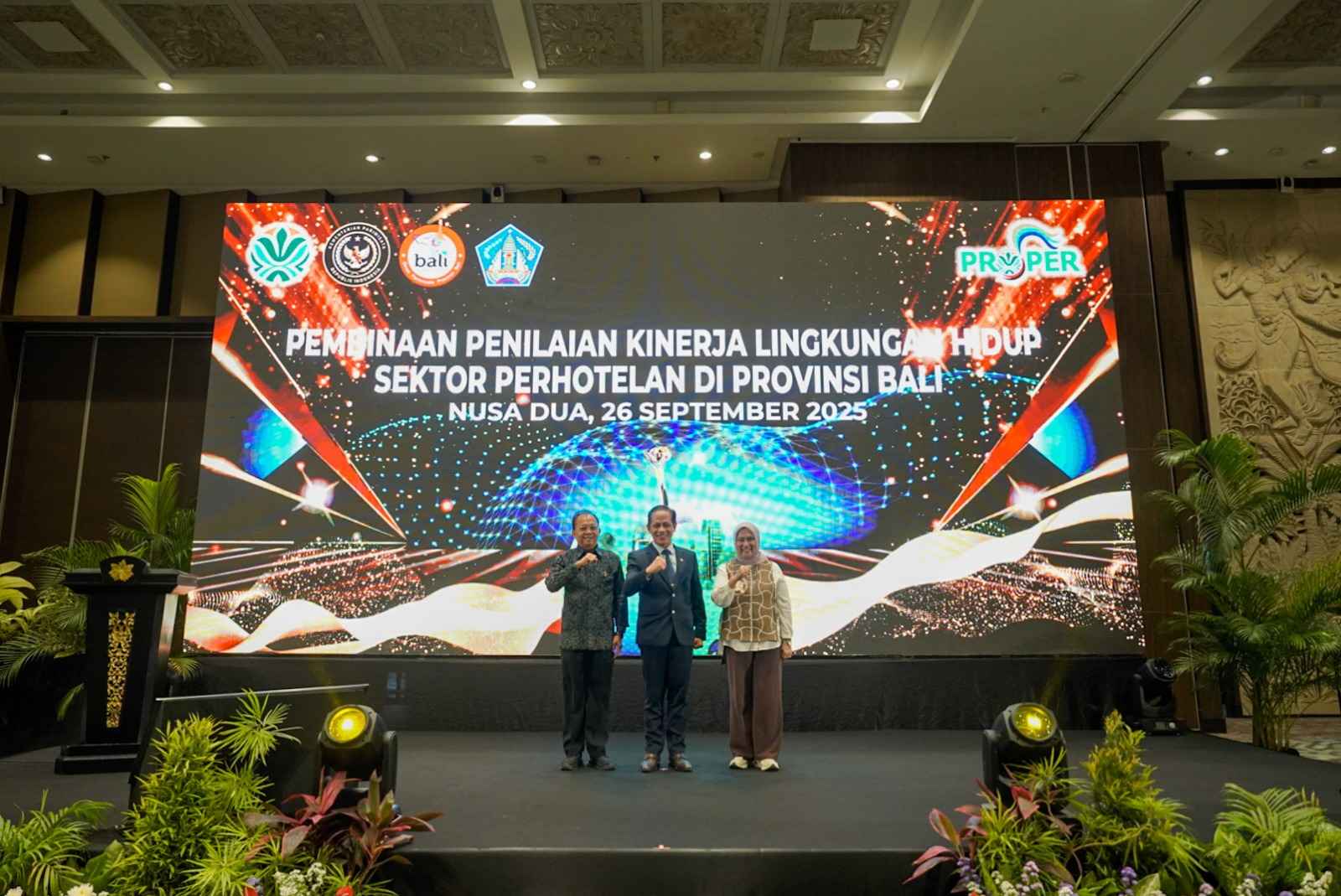Enviro News Asia, Jakarta – The Indonesian government, through the Ministry of Environment (KLH), officially launched the Seed Grant – Smart Green ASEAN Cities (SGAC) Program initiated by the Environmental Fund Management Agency (BPDLH). This program marks a strategic step in accelerating the transformation of Indonesian cities toward green development while strengthening sustainable green financing mechanisms.
The launch of SGAC was supported by the United Nations Capital Development Fund (UNCDF) and the United Nations Development Programme (UNDP) Indonesia, and attended by representatives of local governments, financial institutions, and international development partners. The participation of diverse stakeholders reflects a collective commitment to addressing challenges in waste management and climate change.
Vice Minister of Environment Diaz Hendropriyono emphasized the importance of multi-stakeholder collaboration in building green and climate-resilient cities.
“This program not only supports emission reductions in the waste sector but also introduces innovative financing mechanisms for circular economy actors at the community level. Support from national and international partners will accelerate the realization of green cities resilient to climate change,” he said in KLH’s official statement.
Diaz also highlighted two key challenges faced by Indonesia: the waste crisis and the climate finance gap.
“Only about 39 percent of waste is managed, with effective treatment at just 9–10 percent. Meanwhile, climate finance needs reach IDR 470 trillion annually, while the state budget can only provide IDR 76 trillion. This gap must be bridged with innovation, collaboration, and the right financial instruments,” he explained.
As a first step, Banyumas Regency has been designated as the SGAC pilot project. The program will provide technical assistance and working capital to strengthen integrated waste management systems, including the development of Refuse-Derived Fuel (RDF) facilities and Black Soldier Fly (BSF) organic waste processing.
“The success of this program will be determined not only by funding support but also by the commitment of local governments and active community participation. Banyumas has great potential to become a replicable model for other regions,” Diaz added.
Banyumas Regent Sadewo Tri Lastiono expressed his pride at the designation.
“I am very proud that Banyumas Regency has been chosen as the first recipient of the SGAC program. Hopefully, it will inspire and expand to other regions as well,” he said.
SGAC aims to achieve sustainable waste management and reduce greenhouse gas emissions, particularly from food waste that produces methane (CH₄), a greenhouse gas 25 times more potent than carbon dioxide. By applying a circular economy approach, organic waste will be transformed into economic opportunities, empowering local communities, cooperatives, and MSMEs.
In line with the SGAC launch, a guarantee agreement was also signed by PT Jaminan Kredit Indonesia (JAMKRINDO) under the Revolving Fund Facility (FDB) Derisking scheme supported by UNDP Indonesia. This scheme aims to expand access to green financing for social forestry and circular economy sectors. Until now, businesses such as waste management cooperatives and recycling MSMEs have faced difficulties accessing credit due to being considered high risk. Through FDB Derisking, these risks can be minimized, making financing more inclusive. (*)




